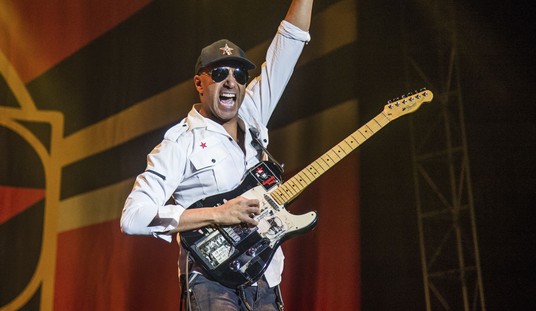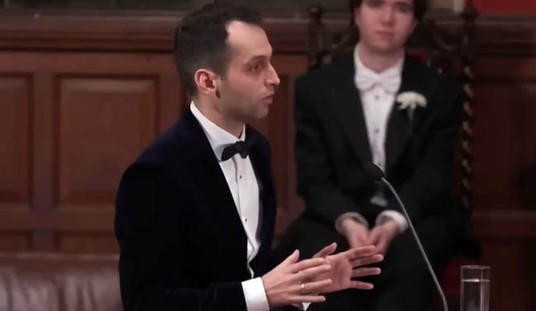Now that Newt Gingrich has soared to the top of the polls, at least in some of the latest surveys, conventional wisdom would be to predict a pile-on at the next debate. That happened to Rick Perry, and the pressure produced surprisingly bad performances from the Texas governor and caused a collapse in his own polling support. Herman Cain did a better job standing up to the debate pressure, but now his star appears to be descending as well as Gingrich’s rises. How will Gingrich respond? According to an analysis of all the debates from September through last week, the next time we see an attack on Gingrich will be the first time:
A Smart Politics content analysis of the last seven nationally televised debates since Rick Perry entered the race finds that Newt Gingrich is the only candidate yet to be on the receiving end of the more than 150 verbal attacks that have been levied by the Republican field.
Smart Politics first pointed out the lack of criticism Gingrich was receiving from the other candidates in a report published a month ago after the first four debates with Perry.
Now – three debates later – the numbers are even more stark.
After more than 11 hours of debate time and 158 barbs traded back and forth across the stage, not one (politically) poisoned dart has been thrown in Gingrich’s direction.
Mitt Romney has now overtaken the fading Rick Perry as the most common target of criticism during the debates, receiving 59 verbal jabs, or 37.3 percent.
Romney is followed by Perry with 55 (34.8 percent), Herman Cain with 22 (13.9 percent), Ron Paul with 10 (6.3 percent), Jon Huntsman with five (3.2 percent), Rick Santorum with four (2.5 percent), and Michele Bachmann with three (1.9 percent).
And then there is Gingrich with zero.
Until last week, there were a few good reasons for that. First, Gingrich wasn’t a threat to anyone, nor was he a target to reach. His numbers had slowly crept up over that period until he had started coming in third or fourth in polling, but still significantly behind either Perry and Romney or Cain and Romney. Second-tier candidates focused their attacks on the top-tier frontrunners, which is why 86% of the attacks launched in the last seven debates went against Romney, Perry, and Cain — and 72.1% against only Perry and Romney.
The other reasons pertain to specific qualities and skills Gingrich has in debates. He has a much better grasp on policy and data than most of the other candidates on stage, which means that attacking Gingrich entails a considerable risk of looking ignorant and ill-informed when he responds. Perhaps more importantly, Gingrich has been very disciplined in debates this year, mostly refraining from attacks on other candidates. Only Ron Paul has had fewer (7 to Gingrich’s 8, and Cain next at 9), and that could be a function of getting less air time in a couple of recent debates. It’s difficult to come off well when attacking the one candidate who had professed the need for party unity and who consistently lauds the qualities of the other candidates on stage; in fact, it’s easy to look churlish and ungracious.
Still, Gingrich provides a rather target-rich environment, and Michele Bachmann has already started attacking him on the campaign trail over his “shilling” for Freddie Mac. If the other candidates want to gain traction, they will need to go on offense and take the risks. So far, only Romney has attacked Gingrich on stage, and he scored a couple of points doing so two debates earlier. Romney will need to dent Gingrich’s momentum in the same way that he did with Perry, especially after the poll results today from New Hampshire, but I’d bet that we’ll hear more from Bachmann and especially Rick Santorum, who has been the most active attacker in the last seven debates.
We’ll know more in four days, but don’t be surprised to see a Newt pile-on. Don’t be too surprised if Newt handles it successfully, either.









Join the conversation as a VIP Member